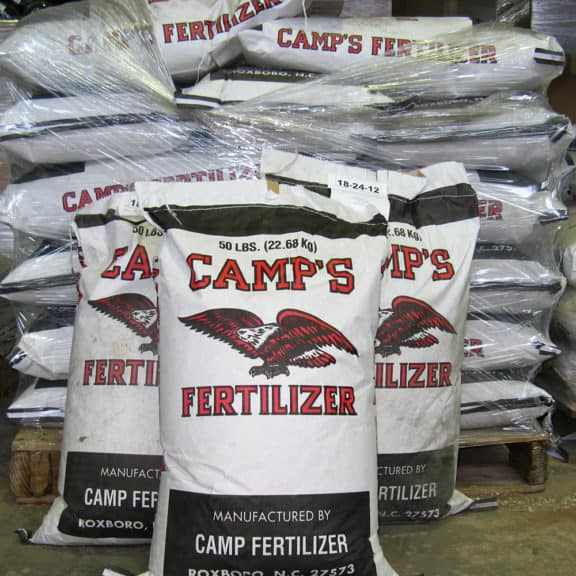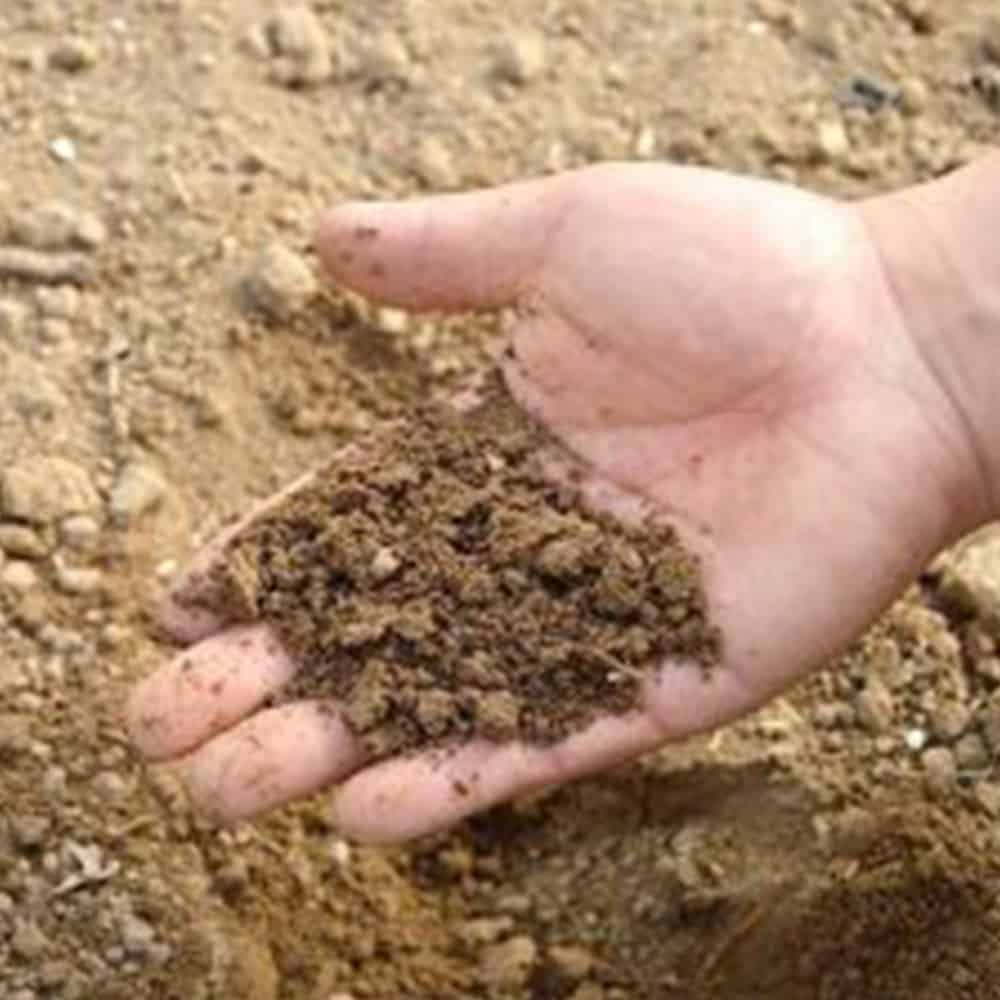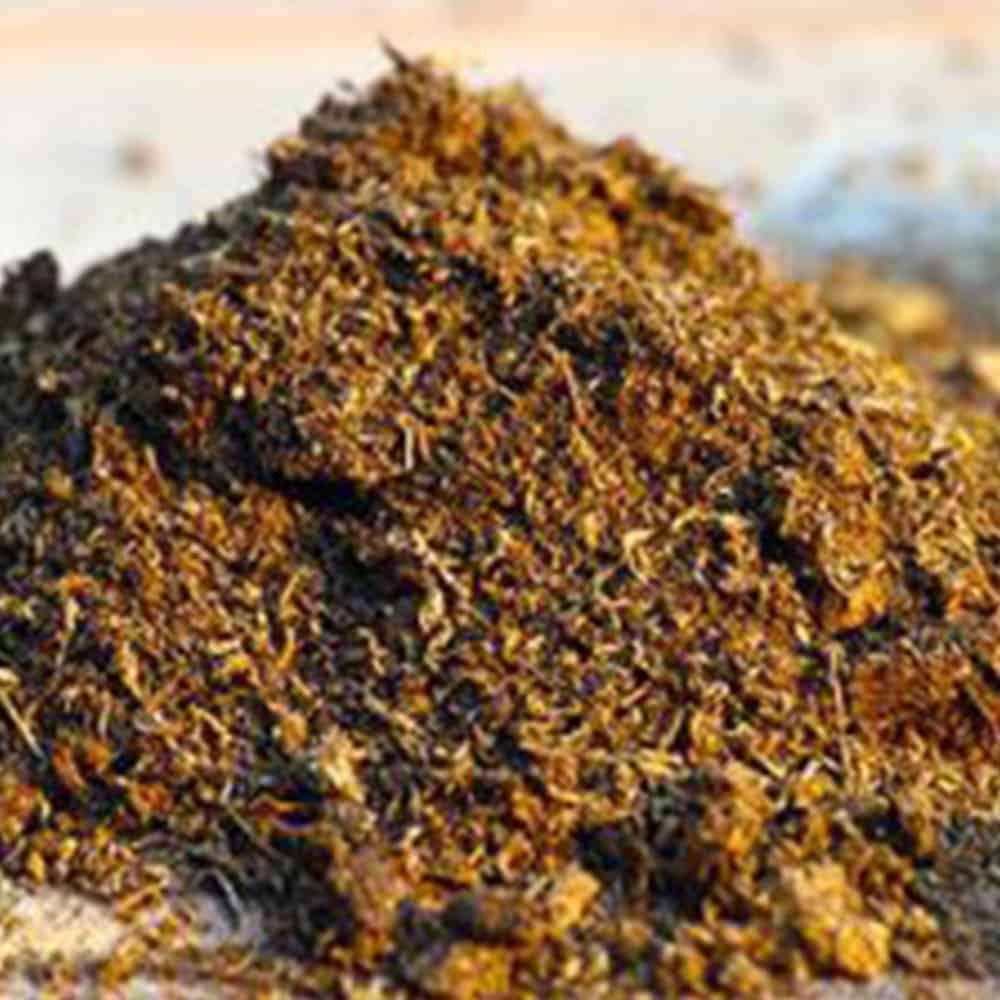
Nutrients
Organic And Synthetic Nutrients
Professionals add nutrients to the soil to promote plant growth. Some nutrients, such as fertilizer, are organic while others are inorganic materials of natural or synthetic origin. Fertilizers are available in pelletized form or liquid.
For help selecting premium nutrients for your soil, contact a Ferguson Waterworks specialist.
Synthetic Fertilizers and Nutrients
Synthetic fertilizers are, accordingly, not natural. However, they are specifically designed to feed a plant a certain amount of specific nutrients. In many cases, these fertilizers are not balanced with the other nutritional needs of the plant. Furthermore, because of their soluble nature, they leach away with rain or are volatilized into the atmosphere. However, synthetic fertilizers are valuable. When used in a balanced program, they provide significant plant nutrients. This is especially true in soils with little or changing microbial activity. Unfortunately, synthetic fertilizers cause damage to soil nutrient cycling. As a matter of fact, they promote a rash of pest problems. For example, sudden increases or decreases in things such as soluble nitrogen increases fungi populations. Consequently, the fungus attacks and weakens the plant. This weakening leaves a plant more susceptible to insect or drought pressures. In addition, synthetics do nothing for improving soil texture or tilth which are both very important to the overall health of the plant. To note, geographic location may influence the mix of inorganic fertilizer.
Organic Fertilizers
Alternatively, organic fertilizers react very differently. Unlike synthetics, they provide well-balanced non-leaching nutrients that are all plant-available, which is the goal. As a matter of fact, organic fertilizers are derived from other living things. Therefore, it makes sense that they contain a more rounded nutrient base because they contain all the nutrients required for a plant to grow. These slow-release products last up to 18 months and not only feed the plant we are fertilizing but also the microbes in the soil that break down organic matter. To sum it up, they improve the soil conditions and are suitable for slower germinating native seeds. This is why natural forests or prairies exist without inputs from man. They simply continue cycling the nutrients that are natively available and because the organic additives don’t leach, they don’t wash away as synthetic ones would. In effect, organic fertilizers are building soils and it is the soils that are feeding the plants.
Connect With An Expert Today
Case Studies
From solving challenging application issues to severe weather response, there is no better partner than Ferguson Waterworks. Let our past performance speak for itself.

 Soil Testing
Soil Testing Soil Conditioners
Soil Conditioners Biotic Soil
Biotic Soil